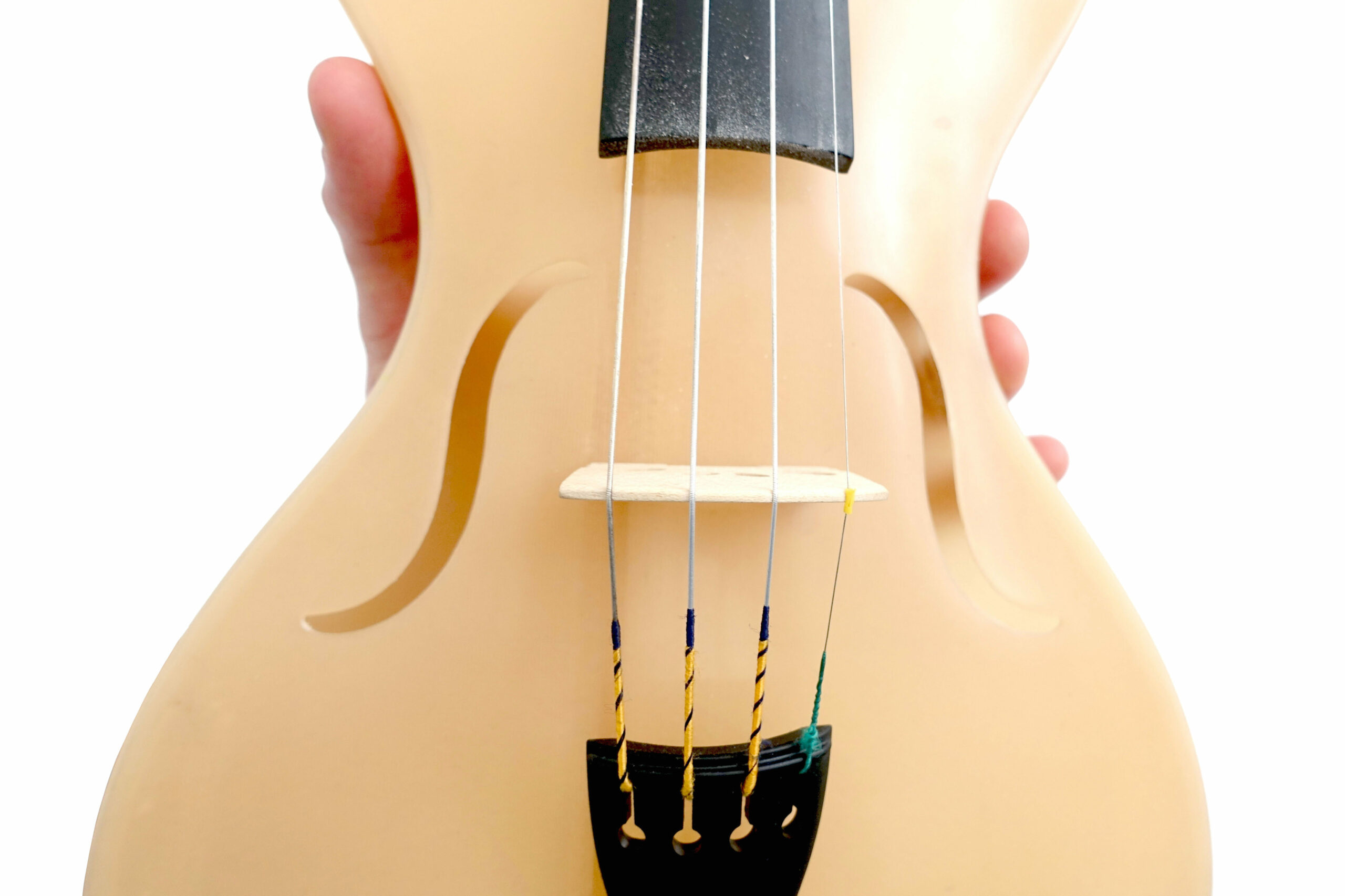The cruelty of war as well as the loss of innocence; the love of a mother for her daughter and the vain attempt to find safety: these elements take life in one of the most important Alberto Moravia’s novel, La Ciociara, as well in one of the most iconic Italian movies thanks to the role played by Sophia Loren as Cesira. Now, the 1958 novel takes a new form by becoming a piece for theatre at the San Francisco Opera, with the performance called Two Women (La Ciociara). As explained by composer Marco Tutino during the press conference, while Moravia’s book represents the Neorealism style where passion is sometimes hard to be found, changes to the story were needed in order to make it feasible for the opera. This has also been one of the challenges taken by Francesca Zambello, Director of the Glimmerglass Opera and the Washington National Opera. Coming from Italian descendants, daughter of Jean and Charles C. Zambello, Francesca took some time before the debut happening in mid-June to tell more about herself and the role as director for this unique performance.
How much of your love for the opera came from belonging to an Italian family?
It surely came from my family: my mom was an actress, so was my dad before he became a businessman. They both used to like theatre, as well as my grand-mom. Music was around during all my life, especially when I got older and was attending high school. My dream at that time was to work in a theatre and eventually to be a director. I wanted not only to work but also to “make theatre”. Although I did not go to college, I worked as intern and apprentice, following other directors and learned as much as I could from their work.
Your debut in Europe happened to be in Venice, at La Fenice. What’s your memory of that moment?
Venice is in everyone’s dream, everything there is part of a fantastic experience. But I became more involved in Italian culture while I was working in Parma, Rome, and Pesaro. There, I developed a deep love for the opera. The small cities really helped me understand the Italian opera through the local culture and people. In the pre-internet age, everything was part of a smaller universe, I did not know what I’d have found until I got there. I loved my time in Parma, Bari, Naples, the classic old Italian cities. La Scala is – of course – great but it’s in those other towns that I fell deeply in love with the Italian opera.
About La Ciociara: what was your feeling about it at the beginning?
I knew the film and I loved that period of Italian cinema. The Neorealism is key to lots of what comes after, just thinking of Fellini and Visconti. It was not only about trying to be realistic, but also about showing real people, situations, and problems. I did not know the book but, as soon as I read it, it felts “operatic” to me: the amazing protagonist, the relationship with her daughter, the connection with the land, and the war. I listened to Marco’s music and I told myself we could surely do something with it and out of it.
What was the challenge of taking a movie on the opera stage?
A lot of inspiration came from both the book and the movie, those are amazing pieces of art and literature. However, we needed to find a way to take it to theatre. Whenever you change the medium, you need to re-interpret the story and consider the different historical times. The main challenge was to create the drama of the two women in a piece for the opera: working on the relationship of the two characters, the primary relationship between mother and daughter, was not easy.
Cesira, the role Sophia Loren had in the movie: which features were you looking for in order for the actress to perform at her best?
Sophia Loren’s character is an icon especially for Italians, not necessarily for Americans. Most Americans never watched the movie or read the novel. That’s why I could work on the character from scratch: I wanted to show what people had to go through during the war. Anna Caterina Antonacci in this sense is a stage animal, she is a great singer and actress. I knew she would have created a character on her own.
Which reaction do you expect from the audience?
I think the audience is always craving for something new: in this sense, we decided to use the great combination of history, style of music, and language that people love and make this opera piece happen. I hope that, when people walk out from the theatre, they will think more about the consequences of war and why we keep doing it. History repeats itself and we can only learn from it.
You can watch Two Women (La Ciociara) at the San Francisco Opera from June 13 through June 30. More info at http://sfopera.com/





























